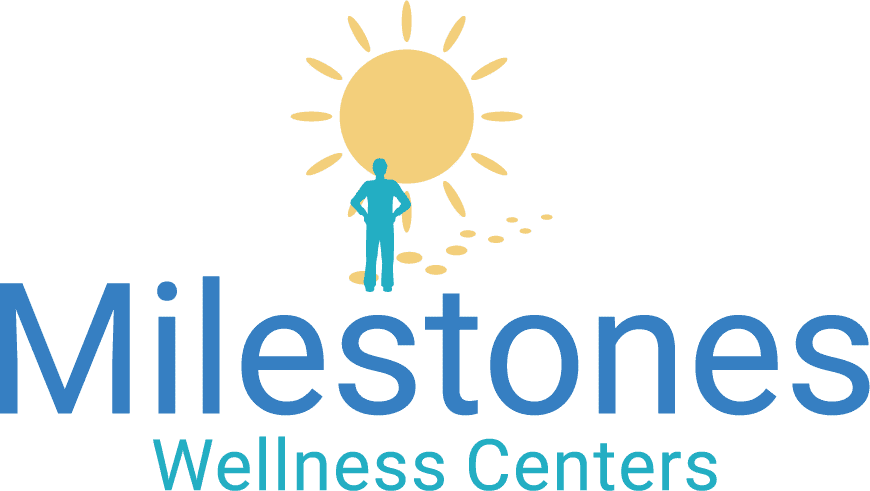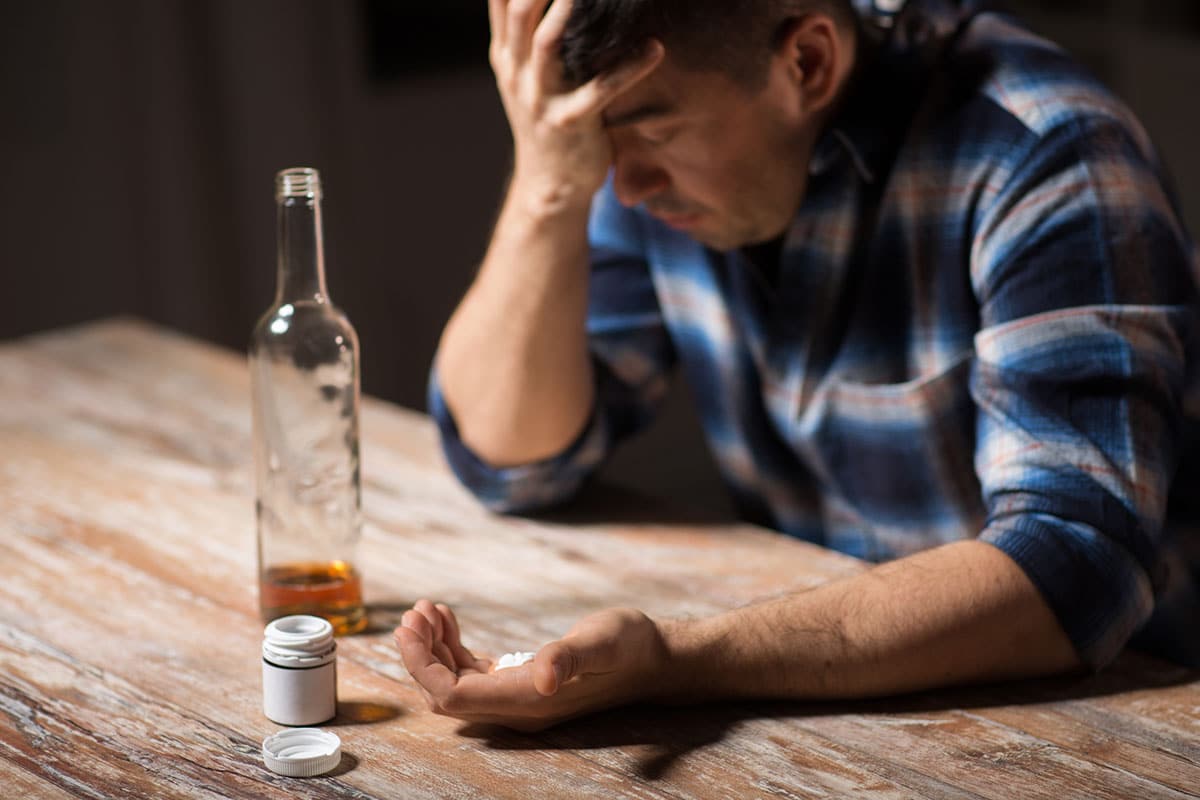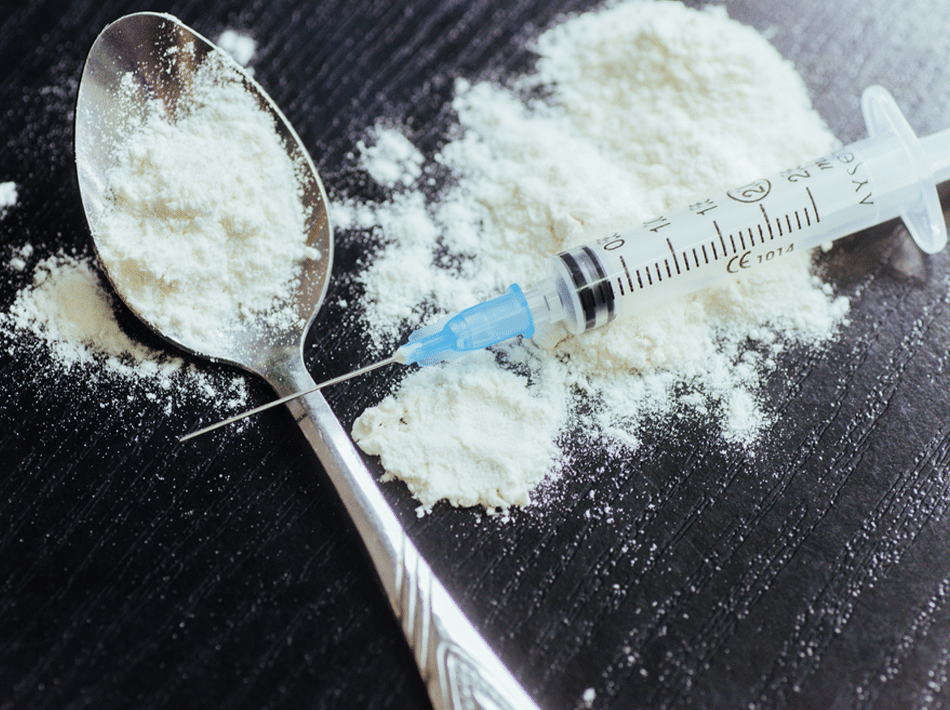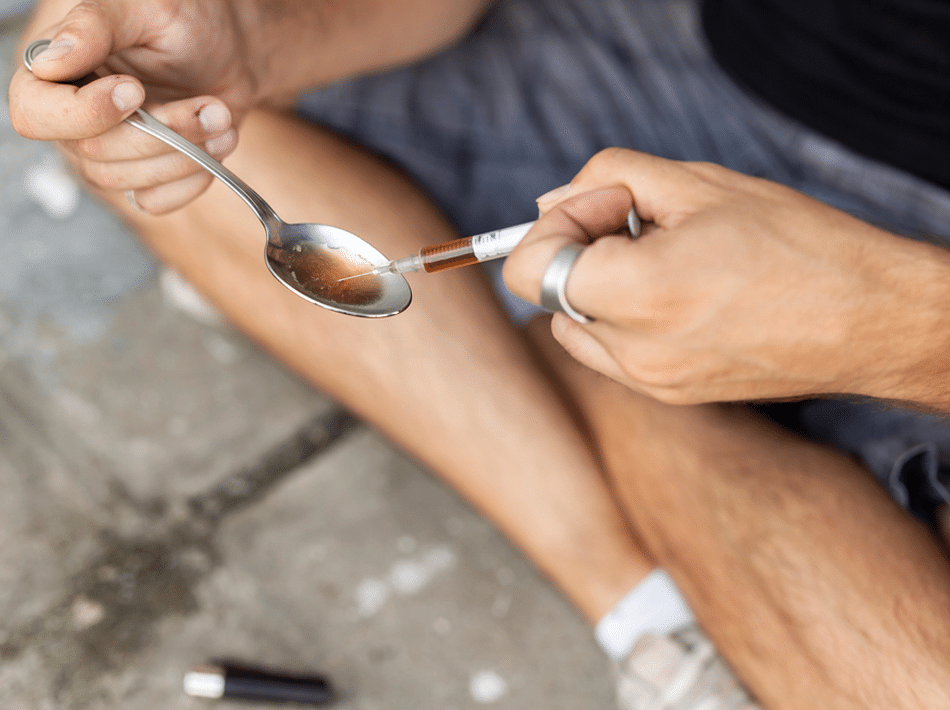In the last blog we discussed external triggers, now it is time to move onto internal triggers. As previously mentioned there can at many times be a direct link between external and internal triggers. All the previous information on how triggers can lead to relapse that was mentioned with external triggers remains true with internal triggers. If you have not read the prior blog, please read the one on external triggers to get this base information as it applies here as well. Also, many other prior blogs related to triggers and how they can affect you, these blogs are meant to provide some great background psychoeducational information regarding recovery from substance abuse, which applies to all substances if written with a direction more towards opioid use disorder.
Internal triggers are our own thoughts and feelings that cause drug cravings. As mentioned previously with external triggers, there is a similarity with the thoughts and feelings, but the difference is with external those thoughts and feelings came from external stimuli. One of the hardest things about internal triggers is that they cannot be avoided like external triggers. What is highly important here is to know what these feelings are that cause these triggers, this way you can prepare for when these feelings come about. It is also important to know of situations which commonly cause these internal trigger feelings so that you can prepare before such situations or attempt to avoid those situations.
Positive, negative, and even normal feelings can be triggers for many individuals. Most commonly the negative feelings will be the larger triggers for those who used substances as a way of coping. Same as with external triggers it is important to learn coping skills to assist when these triggers are present. Since negative feelings are the most common triggers, we will discuss them first.
Some of the common negative feelings:
- Irritation
- Anger
- Hate
- Fear
- Guilt
- Shame
- Depression
- Loneliness
- Anxiety
- Jealousy
- Wanting to feel “normal”
- Avoidance
- Stress
- Overconfidence
Overconfidence many may view as a positive feeling but is an exaggerated feeling of confidence which then takes it from a positive to a negative. Also, overconfidence is one that is often a major problem in recovery, and this will be explored later in more detail.
You may be thinking, how could something positive be a trigger? Many positive feelings can lead to excitement and wanting to celebrate. And often for those that use substances celebrations include some type of substance. Even thinking of alcohol, how common is it for celebrations to include alcohol consumption regularly? If alcohol is not a substance you have had a problem with, it should be avoided while you are in recovery. Alcohol lowers our inhibition and can cause impulsive decision making which can lead many to having a relapse.
If positive feelings cause you to have triggers for substance use, you need to find other ways to channel those positive feelings. For many, getting new hobbies is a great way to assist with this. When feeling positive channel that energy into something constructive like a hobby, exercise, or anything else positive that will help you be a better version of you.
Most people can work through normal everyday feelings, but for some these too can be triggers. Some of these normal feelings that can be a trigger are boredom, loneliness, pressure, frustration, and being nervous, just to list a few. If any of these everyday feelings cause triggers for you, like positive feelings a hobby can help. Normal feelings are hard to avoid but you will notice their patterns over time and learn how to work through them without cravings. And these normal everyday feelings are so important in recovery that they have even ended up getting their own acronym. The reason for this along with some other emotional or internal triggers is that they are so common we want you to easily be able to remember and identify them. H.A.L.T. is an acronym that stands for Hunger, Anger, Loneliness, and Tired. These are all included in the previous sections but need more special attention. These are considered in recovery as four of the most powerful feelings and basic human needs that can intensify triggers if not fulfilled.
Hunger is a result of a connection between your body and mind. As there are true feelings of hunger from a need for food/calories, that is not always the case. Often hunger can come about because of other feelings. You may have heard of (or you are) a person that will stress eat. As that can be unhealthy, it is a healthier alternative to using a substance. Therefore, it is important that you keep some healthy snacks readily available in the event you feel hungry. This way you can fulfill the hunger drive instead of it becoming a possible trigger.
The feeling of anger can bring about many other strong emotions. Anger also has your body in a more tense state. These often will be triggers for individuals to either calm down that intense physiological aspect of anger or the accompanying emotions. What is important here is to learn ways to release this energy naturally and move past the anger. One very common technique is meditation, which allows you to calm your physiological aspects of anger and mentally acknowledge the emotions that accompany it and move on. Other good methods for handling anger are exercise either going to a gym, running, or going out in nature. A final method is guided imagery, which takes time to practice but can be done in most situations. The idea of this exercise is to think of a happy memory but think of it in great detail. Our attention span is of limited capacity, therefore if fully involved in thinking of all the details of a happy memory, there will be no room to pay attention to what is making you angry. This also works for other unwanted thoughts and emotions, again this takes great practice, but once you have mastered the skill it is an amazing technique.
Loneliness is a common feeling for everyone at times. And often in recovery this can greatly increase. In recovery many may think they are the only person with addiction issues to their level, which is just not true. And during earlier parts of recovery as you are removing People, Places, and Things that are triggers this can cause more loneliness while you build back more healthy relationships, places to go, and things in your life. A great place to assist with loneliness is support groups such as N.A., where you will meet others going through the same recovery. There will be those that have been exactly where you are and will be there when feelings of loneliness come up and cause a trigger of substance craving.
The feeling of being tired is one that many people at first question why it is in the most common list. Many people, however, have used substances when feeling tired for one of two purposes, either to stay awake longer or to help them sleep. There are healthy ways of handling this feeling which ever side of this you may need assistance with. If you need to stay awake longer either take a short nap or get up and exercise. Exercising can give you more energy by releasing more naturally occurring chemicals into your body, giving you that needed energy. And there is always caffeine such as with coffee that can assist with providing more energy. If you have difficulty falling asleep, it is best to try as soon as you are feeling tired. And fall asleep without distractions such as playing on your phone or watching tv. Meditation is another potentially useful tool to help calm your brain and allow you to fall asleep. There are also natural remedies that can assist with falling asleep such as sleepy time tea or melatonin.
Being confident is a great feeling and is something you should be proud of. Forever even starting treatment, wherever you are at in that journey, you should be proud of yourself for starting on continuing addiction recovery. However, overconfidence in recovery is often a bad thing and can lead to relapse. There are many forms in which overconfidence can show up and many dangerous consequences. There are signs that you may be becoming overconfident in your recovery. Next, we will go over some of the most common signs of overconfidence in recovery and how you can spot them if they are happening to you.
The path to full recovery is an ongoing process and takes time. Believing that quickly in recovery you are completely free from substance use or thoughts about it, unfortunately is just not true. This is one of the largest signs that you are at risk of a relapse. There is no quick “cure” for recovery, and it is important to be happy with where you are but understand that this is a long process. Many people will continue to have thoughts and cravings for years if not for the rest of their life. This does not mean that with every passing day the thoughts/cravings get less and easier to handle. But having a complete disregard that they can come back at any time can lead to higher chances of relapse when they appear.
Desiring Preferred Treatment
There are multiple forms of treatment and not all treatment levels are appropriate for each person. And some people need different levels of treatment at different stages of their recovery. And you should work with a professional to find the level of treatment that is right for you. Where overconfidence comes in is when you believe that no form of treatment will help. Once those doubts that substance abuse treatment will work or if that you were ever addicted start can lead to a relapse.
When you are overconfident you will feel as if you know all the answers. This can tempt you to stop taking advice. Your therapist, peers in recovery, or others close to you in life may see things differently and have a viewpoint about your situation that you are not able to see. They are only providing you with information to help you. Having this overconfidence is again a sign a relapse is very likely.
Everyone is unique and that is the beauty of being human. But we all do share many basics areas in life. When it comes to addiction and substance use there are similarities between everyone. As the reason why a person became addicted, how it has affected their life, and other areas often vary from person to person, some of the basics are the same. Everyone with addiction will have triggers, needs social support, and many other areas that you have already read about in these therapeutic courses. The danger of relapse is when a person starts to believe that their situation is unique and some of the basic principles (which apply to everyone) are not true for them. This makes a person become complacent in their recovery which then can lead to riskier decision making and place them in situations where relapse is more possible.





